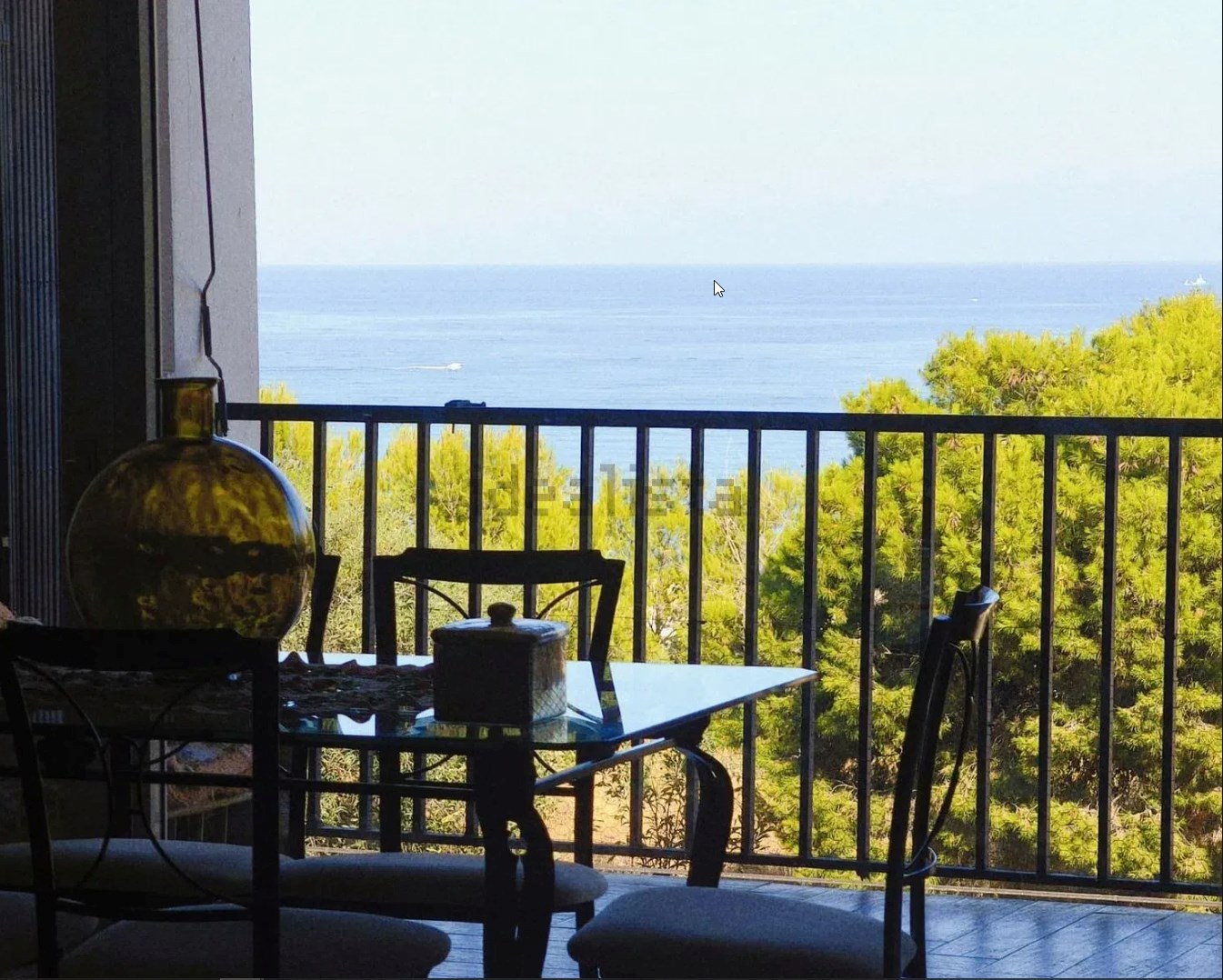New Regulations for Holiday Rentals - August 2024
Holiday Rentals Law in Andalucía - August 2024 Update - VUT
On February 22, 2024, new regulations were passed in Spain, significantly impacting Viviendas de Uso Turístico (VUT), or holiday rentals, with specific changes tailored to the autonomous community of Andalusia. These regulations (Decree 31/2024) became effective on August 22, 2024. They aim to address the growing concerns surrounding the holiday rental market, including housing shortages, the impact on local communities, and the need for standardized safety and quality measures. This has come after a crackdown on illegal holiday renters in Andalusia and has also led to the new Rental Registration Number (NRA). If you want us to apply for the new NRA for you, contact us today.
Below is an overview of the key changes in VUT regulations, focusing on their implications for Andalusia.
Overview of VUT Regulation Changes 2024
The term VUT refers to properties rented out for short-term stays, typically to tourists. The regulation changes introduced on February 22, 2024, focus on several key areas:
Mandatory Registration and Licencing Requirements
Property owners in Andalusia must register their VUTs with the regional tourism authority and get a tourist license. The registration process involves submitting a Responsible Declaration “Declaracion Responsable” and requires a Digital Visa. Once you’ve obtained a license number, it must be prominently displayed in all advertisements and online listings. The aim is to provide greater transparency and ensure all holiday rentals meet specific regulatory standards.
The registration must be done by the ’empresa explotadora’. This is the individual who meets and greets and manages the property. This may be the property owner or a property management agency. If you own an apartment that is managed as a holiday rental by a third party, the person or managing company must identify themselves to the tourist board before the 22nd of August 2024. This will cause problems for some agencies as agencies with more than two properties in the same building must register as tourist apartments.
Occupancy Limits and Property Standards
The new regulations impose strict occupancy limits based on the size and capacity of the property. Such as:
- Properties with five beds must have at least two fully functioning bathrooms.
- Properties with eight beds must have three bathrooms.
- Minimum surface area requirement of 14 square meters per guest. (Studios with less than 28 square metres cannot be rented to two people).
Each VUT must comply with safety and hygiene standards, including the installation of fire safety equipment, such as smoke detectors and fire extinguishers, and ensuring proper emergency exits are in place. Also, there must be 24/7 contact number available in case of emergencies. Properties must offer both hot and cold air conditioning in bedrooms and living rooms.
Restriction on the Number of Days for Short-Term Rentals
One of the most significant changes is the limitation on the number of days a property can be rented out as a short-term holiday rental. These restrictions aim to reduce the pressure on the housing market, making more properties available for long-term rental by local residents. In Andalusia, short-term rentals are defined as rentals that last less than 31 days.
Tax Compliance and Reporting
Property owners must report all income earned from VUTs and comply with local and national tax obligations. The new regulations are designed to reduce tax evasion and create a level playing field with traditional accommodation providers, such as hotels. Tax authorities will have increased powers to audit rental income and ensure compliance.
Noise and Nuisance Control
The regulations include measures to control noise and disturbances caused by holiday rentals. Property owners are responsible for ensuring that their guests adhere to local noise ordinances and do not disrupt the peace of residential neighbourhoods. Fines can be imposed for violations, and repeat offences may lead to more severe penalties, including losing the rental license. Holiday rentals are not permitted in buildings whose community of property owners’ statutes explicitly prohibit them.
Insurance and Liability Requirements
VUT owners must have adequate insurance coverage to protect against potential damages, injuries, or other liabilities that may arise during a guest’s stay. This requirement ensures that property owners and guests are protected in the event of accidents or disputes.
Buying or Selling a Property
Under the old regulations, a property’s existing VFT license could be transferred to a new owner with the property. The new rules make this impossible, so new owners must reapply for a name change to the existing tourist license to continue to rent the holiday home. This means the new owner must comply with the latest stricter regulations, so they may not be granted a new tourist rental license.

The Impact on Andalusia
As one of Spain’s most popular tourist destinations, Andalusia has many VUTs, particularly in cities like Seville, Malaga, Granada and coastal areas such as the Costa del Sol. The new regulations will have a considerable impact on the holiday rental market in the region:
Legal and Enforcement Considerations
Andalusian authorities are cracking down on illegal rentals, and a special team has been set up to enforce it. This will involve regular inspections of VUTs, monitoring of advertisements, and collaboration with rental platforms to ensure compliance. Property owners who fail to comply with the regulations may face fines, legal action, or the suspension of their rental licenses.
The days of advertising through your local Irish or English pub are coming to an end. A recent news report states Seville’s mayor has announced it will ask the state water company to cut off water supplies to properties that don’t comply with regulations. Also, this week in Mallorca, massive €80,000 fines have been proposed for 12 illegal tourist rentals in Palma.
Controlling the Growth of Holiday Rentals
The mandatory registration and licensing requirements will give Andalusian authorities better oversight of the holiday rental market. By limiting the number of days a property can be rented out and enforcing strict occupancy limits, the regulations aim to control the proliferation of holiday homes and reduce their impact on the housing market. This approach is expected to ease housing shortages, making more properties available for long-term residents. Some regions have restricted the number of tourist licenses they will grant.
Enhancing Safety and Quality Standards
With the new safety and hygiene requirements, the quality of holiday rentals in Andalusia is expected to improve. These standards will help ensure that tourists have a safe and comfortable experience, maintaining the region’s reputation as a top-tier travel destination. Property owners must invest in safety equipment and upgrades to meet these standards, which could involve additional costs.
Boosting Revenue for Local Authorities
The emphasis on tax compliance and mandatory registration will likely increase revenue for local and regional governments in Andalusia. The collected taxes can be reinvested into local infrastructure, public services, and community projects, benefiting residents and enhancing the overall quality of life.
Preserving Local Communities
One of the key motivations behind the regulation changes is to preserve the character of local communities. By reducing the number of short-term rentals and implementing noise control measures, the regulations aim to minimize the disruptions caused by tourists and maintain the peace and tranquillity of residential neighbourhoods. This balance between tourism and local quality of life is crucial for sustainable development.
Potential Challenges for Property Owners
While the new regulations offer numerous benefits, they also present challenges for property owners. The registration process, compliance with safety standards, and limits on rental days may require significant time and financial investment. Some property owners might view these regulations as restrictive, particularly those who rely on holiday rentals as a primary income source. Navigating the new legal landscape will require careful planning and adjustment.
What Should I do if I have a Rental Apartment in Andalusia?
The new holiday rental law introduced on the 22nd of February, 2024, marks a significant shift in the regulation of Spain’s holiday rental market, especially in regions like Andalusia. If you own a holiday rental in Andalusia, it’s crucial that you check out the changes to the regulations and see how they affect you.
If you have a property that an agent or third party manages, you must let the tourism board know as soon as possible. Although the 22nd of August deadline has passed, we haven’t heard of any fines or sanctions being applied yet for late notifications.
If you are not registered, now is the time to do it. Local authorities are cracking down and will be handing out heavy fines and sanctions if they identify illegal renters.


